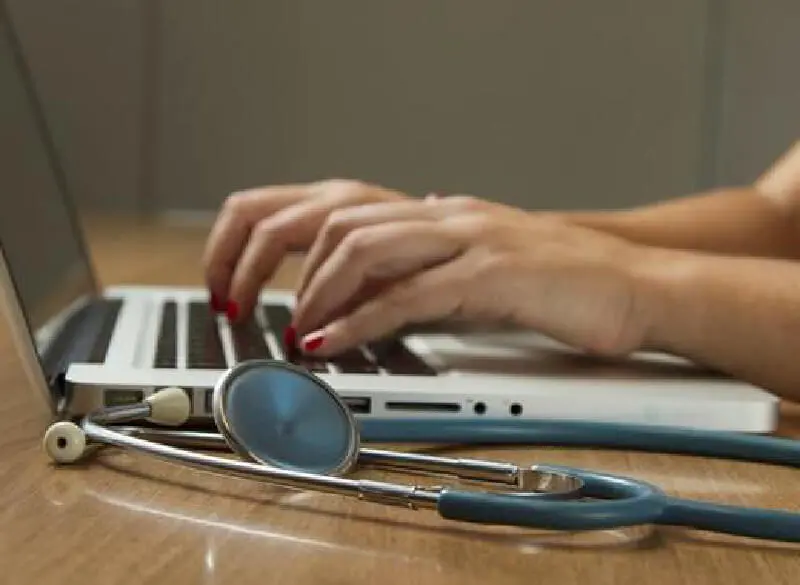WHO is working with Romania’s Ministry of Health and health professionals in the country to make telephone consultations more widely available. The aim is to institutionalize telemedicine in Romania and make the service easily accessible to patients during and after the pandemic. WHO supported a proposal by the Ministry’s Paediatric Commission to update national health legislation to include phone triage, thereby helping to strengthen health services in the wake of COVID-19.
Many paediatric units in Romania are exploring how to replicate the project, which began in Cluj County in 2014. Alopedi is a phone triage service for children in Romania and in the diaspora that is now publicly owned and financed. Thirty-eight paediatricians work around the clock, taking calls from parents and advising on what type of medical care is needed. Patients can then access the health system at the appropriate level, increasing efficiency and avoiding delays.
WHO Representative to Romania Dr Miljana Grbic called Alopedi “a wonderful example of how we can improve health services and build back better following the COVID-19 pandemic”. She highlighted the model of successful collaboration between public and private sectors and between digital health and community projects, saying this could be shared with and implemented by other countries.
Legal norms
Over 65 000 calls have been made to Alopedi, which was set up by a team of senior paediatric physicians led by Dr Călin Lazăr and Dr Daniela Dreghiciu of Cluj-Napoca Clinical Emergency Hospital for Children. It has proven to be a sought-after and valuable service both before and during the COVID-19 pandemic.
“The task is to establish legal norms so that Alopedi’s medical triage service, and other similar initiatives, are integrated into the telemedicine system in Romania,” explained Dr Dreghiciu at Alopedi. “The benefits are clear,” she stressed, adding, “It is a quick, simple and comfortable solution for patients, and we are also looking to expand our service to cover chronic diseases following COVID-19.”
Representatives of the Ministry of Health, hospital representatives, patients, and professionals from the Romanian College of Physicians agreed to work to improve understanding of telemedicine in Romania. This followed a WHO policy dialogue on the proposal by the Paediatric Commission to update national health legislation to include phone triage.
A parent’s perspective
“I called Alopedi when my son suffered a finger injury and I couldn’t go to the paediatrician as it was late at night,” recounts Ms Liana Alexandru. “I didn’t want to go to the emergency room, but I wanted a professional medical opinion that I could trust.”
“I find Alopedi extremely useful. For a parent, it is a relief to have access to such a service, to be able to seek a specialist’s advice at any time when there is no clear emergency but when you do not know what to do. It is also a great mental comfort which helps us to calm down,” she adds.
“The interaction with the doctors from Alopedi was very pleasant. I used their services twice and they were very kind. The call waiting time is short and the doctors gave me all their attention. I found out about Alopedi a few years ago from a popular blogger. At first, I was reluctant to use such a service but, based on my personal experience, I would like the service to be extended nationwide. I would be happy to have something similar in Bucharest,” concludes Ms Alexandru.






